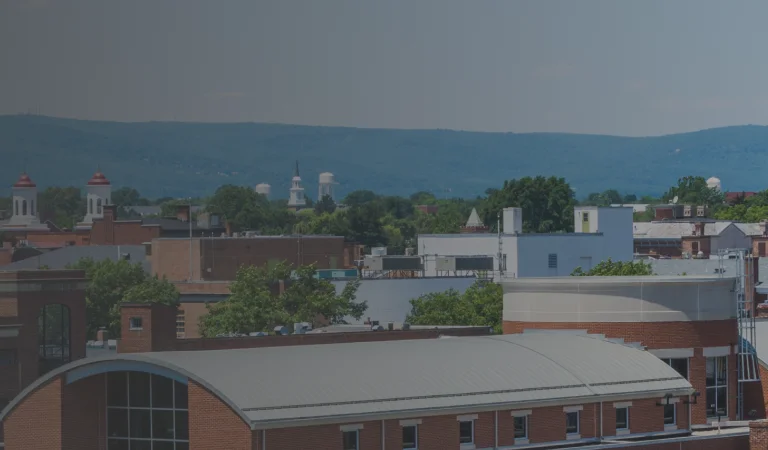
June 3rd, 2025
There’s been a lot of talk recently about a Supreme Court case, Trump v. Casa Inc., that many assumed was directly about birthright citizenship. Many people have asked, “Can birthright citizenship be taken away?” or “Will my child not be considered a U.S. citizen if born in the U.S.A.”. Birthright citizenship is detailed in the 14th Amendment S1.1.2 Citizenship Clause Doctrine, giving citizenship by birth in the U.S. (regardless of their parents’ citizenship) or citizenship by naturalization.
However, this case wasn’t about automatic citizenship for children born in the U.S. to non-citizen parents.
Instead, it dealt with a much narrower—but still very important—procedural question:
Can a federal court in one state block a federal law nationwide while that law is being challenged in the courts?
Why This Matters
Let’s break this down.
Imagine a controversial federal law gets passed—say, for example, one that limits or bans birthright citizenship. A federal judge in California (or any other state) issues a ruling that temporarily blocks the law from going into effect for every state. This type of court order is known as a nationwide injunction.
The Case For Nationwide Injunctions
Supporters argue these injunctions are essential to:
- Prevent immediate and widespread harm.
- Maintain legal consistency across the country.
- Give courts time to evaluate a law without people suffering in the meantime.
For example, if birthright citizenship were stripped away temporarily, many individuals might be denied documents, benefits, or status—only to have the law overturned later. A nationwide injunction pauses enforcement of that law while legal challenges proceed.
The Case Against
Critics argue that:
- One judge in one state shouldn’t have the power to affect the entire country.
- It politicizes the judicial process, allowing one court to stall a law based on local values or politics.
- It removes the opportunity for other courts to weigh in through multiple rulings.
What’s Next?
To be clear:

This case is not about birthright citizenship itself.
It’s about the judicial authority to block federal laws nationwide before a final decision is made by the Supreme Court.
As the legal landscape evolves, the Supreme Court will eventually weigh in more definitively on:
- The legitimacy and limits of nationwide injunctions.
- And—perhaps down the line—the constitutionality of any federal attempt to limit birthright citizenship.
We are still awaiting the decision from the Supreme Court on this case. If they decide to rule in favor of the Trump administration this would then provide them the power to put out executive orders without lower courts having the ability to stop them from going into effect all over the country; meaning that people would not have the time to obtain any emergency relief. Citizenship would then be a state-by-state basis where some states could recognize someone’s legal status while others would not.
Until then, the case serves as a reminder of how much power lower courts can have—and why their role in shaping national policy is under increasing scrutiny.


